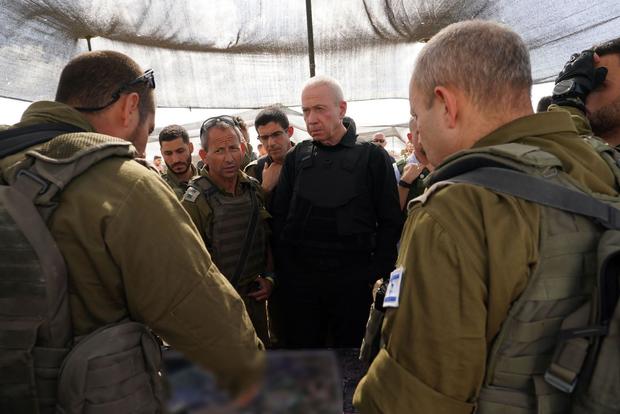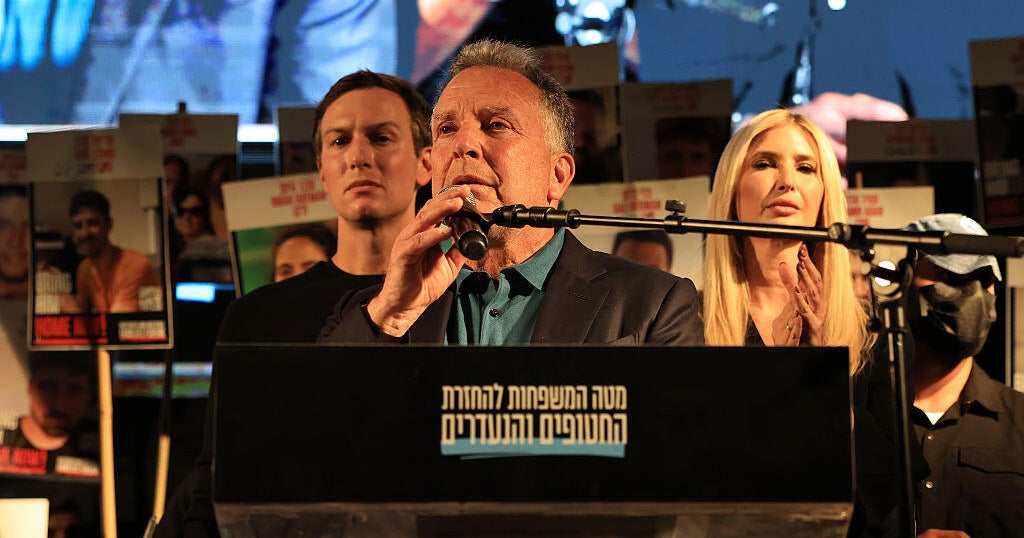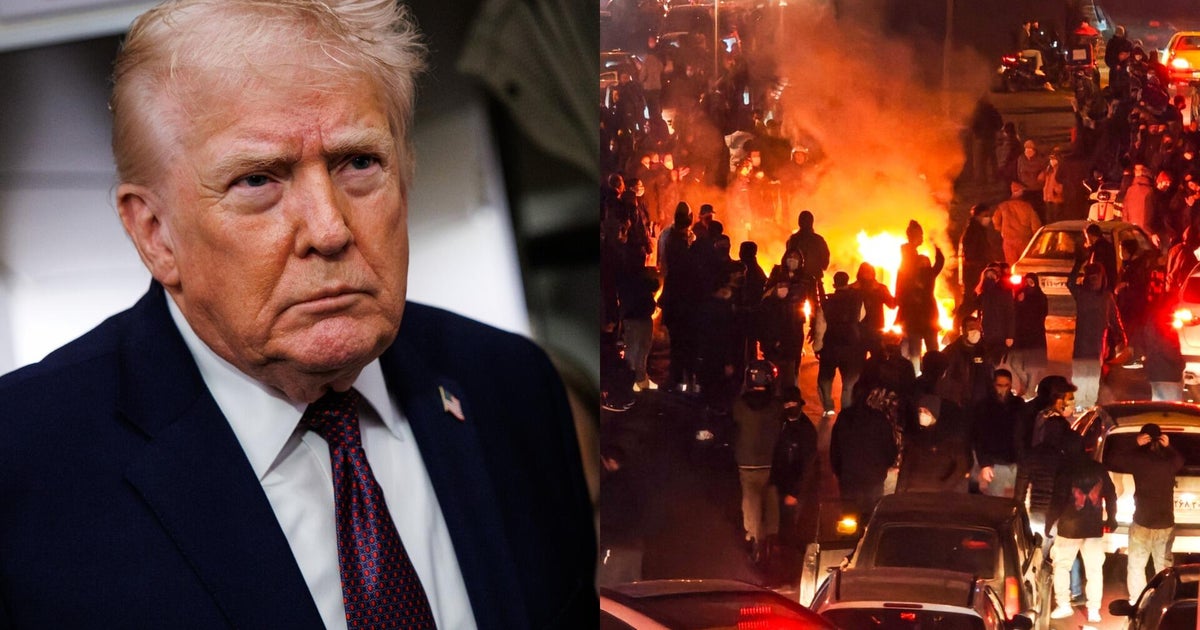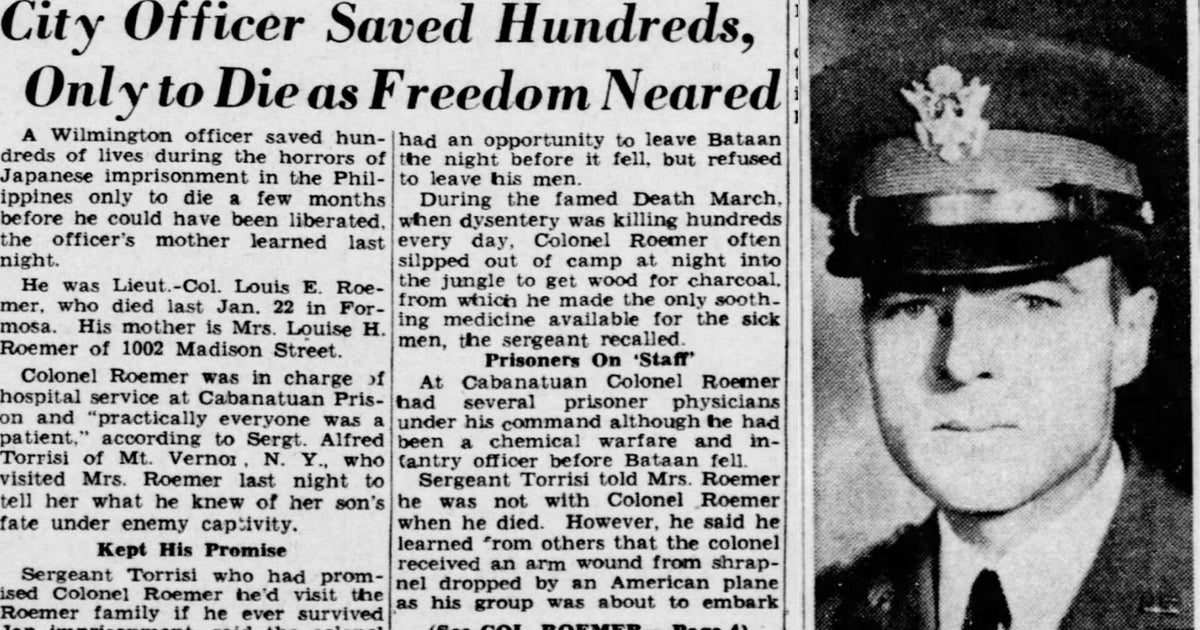Israeli defense minister lays out vision for post-war Gaza
Israeli Defense Minister Yoav Gallant on Thursday laid out a four-pronged plan for how Gaza could be governed after the war. While it is the first time a senior Israeli official has laid out such a vision, it does not represent official policy.
Under the plan, Hamas would no longer control Gaza. Israel would maintain military operational freedom, but there would be no Israeli civilian presence there.
The plan suggests that a U.S.-led international task force would be responsible for rebuilding Gaza. It says local Palestinian bodies would control civil affairs, and there would be roles for Egypt and other moderate Arab states.
The plan does not mention the Palestinian Authority, the body that has powers in the occupied West Bank.
Gallant said that the plan depended on Hamas no longer posing a security threat to Israel or Israeli citizens.
Internal dissent
The plan angered at least one member of Israel's far-right, ultranationalist coalition government, Finance Minister Bezalel Smotrich.
"Gallant's 'day after' plan is a rerun of the 'day before' October 7. The solution for Gaza requires out-of-the-box thinking and a changed conception," Smotrich said, according to the Times of Israel newspaper.
Smotrich and ultra-nationalist National Security Minister Itamar Ben-Gvir have been advocating for the relocation of Palestinians from Gaza, provoking rebuke from the United States.
"The rhetoric that we have seen from those two individuals was inflammatory, it was irresponsible and it was in direct contradiction of the policy of the government of Israel that has been repeatedly articulated to us, including by the prime minister himself," State Department spokesperson Matthew Miller said in a briefing Wednesday. "We have been told that those statements do not reflect the policy of the government of Israel. We believe that is the correct decision. The secretary [Antony Blinken] has made very clear on a number of occasions that there must be no forced resettlement of Palestinians from Gaza, that Gaza is Palestinian land and should remain."
Israeli Prime Minister Benjamin Netanyahu has so far not made any detailed comments about his vision for Gaza after the war.
Fighting continues
Fighting continues in Gaza, with the Hamas-run ministry of health saying dozens of people were killed in the last 24 hours. A health ministry official said that Israel had conducted airstrikes is al-Mawasi, an area designated safe by the Israel Defense Forces, and killed 14 people, CBS partner network BBC News reported. Over 22,400 Palestinians have been killed in Gaza since the start of the war, according to the Hamas-run ministry. The ministry does not distinguish between civilians and combatants.
About 1,200 people, mainly civilians, were killed in Hamas' brutal terrorist attack on southern Israel on Oct. 7, and around 240 people were taken hostage. At least 170 IDF soldiers have been killed in the war since it began.
And tensions continued to boil on other fronts.
Hezbollah leader Hassan Nasrallah said a response to the killing of Hamas official Saleh Al-Arouri in Beirut on Tuesday was "inevitably coming."
"We cannot remain silent on a violation of this magnitude because it means the whole of Lebanon would be exposed," Nasrallah said in a televised speech, according to the AFP news agency.
Nasrallah said that since the killing of Al-Arouri, Hezbollah fighters have carried out 670 operations and targeted 48 Israeli border positions and 11 rear bases, AFP reported.
There have been exchanges of fire between Israel and Hezbollah militants in Lebanon since the war began, sparking fears that the conflict could open up on another front. At least 175 people have been killed in Lebanon, including 129 Hezbollah fighters. In northern Israel, at least nine soldiers and four civilians have been killed, and thousands have been evacuated from their homes in border communities.






